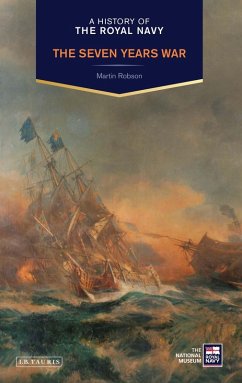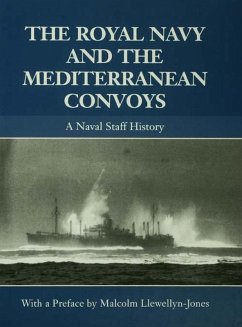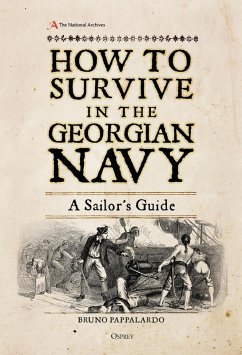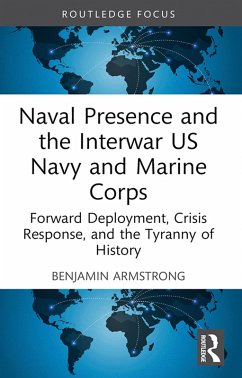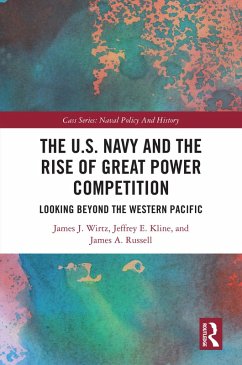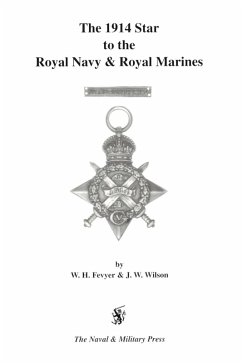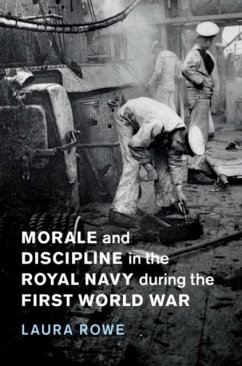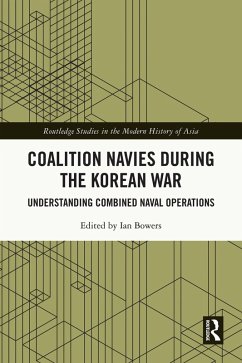
A History of the Royal Navy (eBook, PDF)
Napoleonic Wars

PAYBACK Punkte
10 °P sammeln!
The French Revolutionary and Napoleonic Wars were the first truly global conflicts. The Royal Navy was a key player in the wider wars and, for Britain, the key factor in her eventual emergence as the only naval power capable of sustained global hegemony. The most iconic battles of any era were fought at sea during these years - from the Battle of the Nile in 1798 to Nelson's momentous victory at Trafalgar in October 1805. In this period, the Navy had reached a peak of efficiency and was unrivalled in manpower and technological strength. The eradication of scurvy in the 1790s had a significant ...
The French Revolutionary and Napoleonic Wars were the first truly global conflicts. The Royal Navy was a key player in the wider wars and, for Britain, the key factor in her eventual emergence as the only naval power capable of sustained global hegemony. The most iconic battles of any era were fought at sea during these years - from the Battle of the Nile in 1798 to Nelson's momentous victory at Trafalgar in October 1805. In this period, the Navy had reached a peak of efficiency and was unrivalled in manpower and technological strength. The eradication of scurvy in the 1790s had a significant impact on the health of sailors and, along with regular supplies of food and water, gave the British an advantage over their rivals in battle. As well as naval battles, the Navy also undertook amphibious operations, capturing many of France's Caribbean colonies and Dutch colonies in the East Indies and Ceylon; this Imperial dimension was integral to British strength and counteracting French success on continental Europe. This book looks at the history of the Royal Navy during the French Revolutionary and Napoleonic Wars, 1793-1815, from a broad perspective, examining the strategy, operations and tactics of British seapower. While it delves into the details of Royal Navy operations such as battle, blockade, commerce protection and exploration, it also covers a myriad of other aspects often overlooked in narrative histories such as the importance of naval logistics, transport, relations with the army and manning. An assessment of key naval figures and combined eyewitness accounts situate the reader firmly in Nelson's navy. Through an exploration of the relationship between the Navy, trade and empire, Martin Robson highlights the contribution Royal Navy made to Britain's rise to global hegemony through the nineteenth century Pax Britannica.




